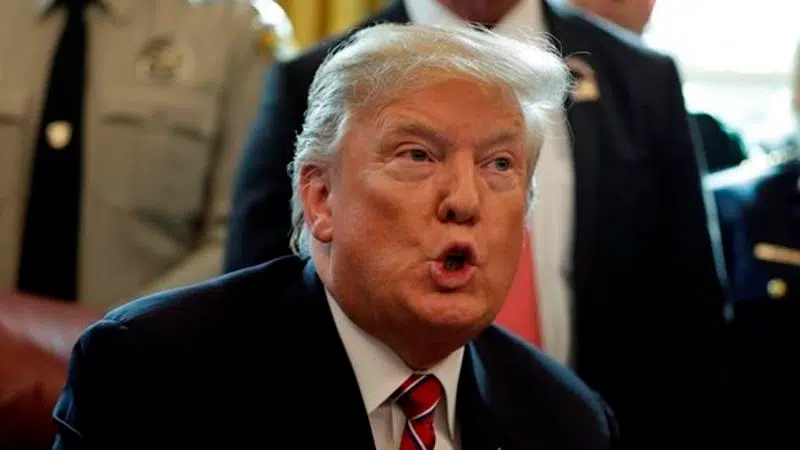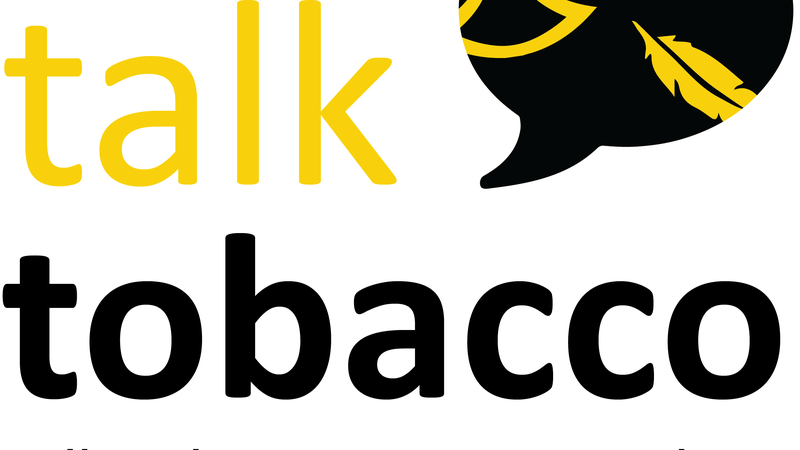
Trump downplays white nationalism threat after massacre
NEW YORK — President Donald Trump played down any threat posed by white nationalism after the gunman accused of the New Zealand mosque massacre called the president “a symbol of renewed white identity.”
Trump, whose own previous responses to the movement have drawn scrutiny, expressed sympathy for the victims who died at “places of worship turned into scenes of evil killing.” But he declined to join expressions of mounting concern about white nationalism. When asked whether he thought it was a rising threat around the world, he responded, “I don’t really.”
“I think it’s a small group of people that have very, very serious problems, I guess,” Trump said Friday. “If you look at what happened in New Zealand, perhaps that’s the case. I don’t know enough about it yet. But it’s certainly a terrible thing.”



